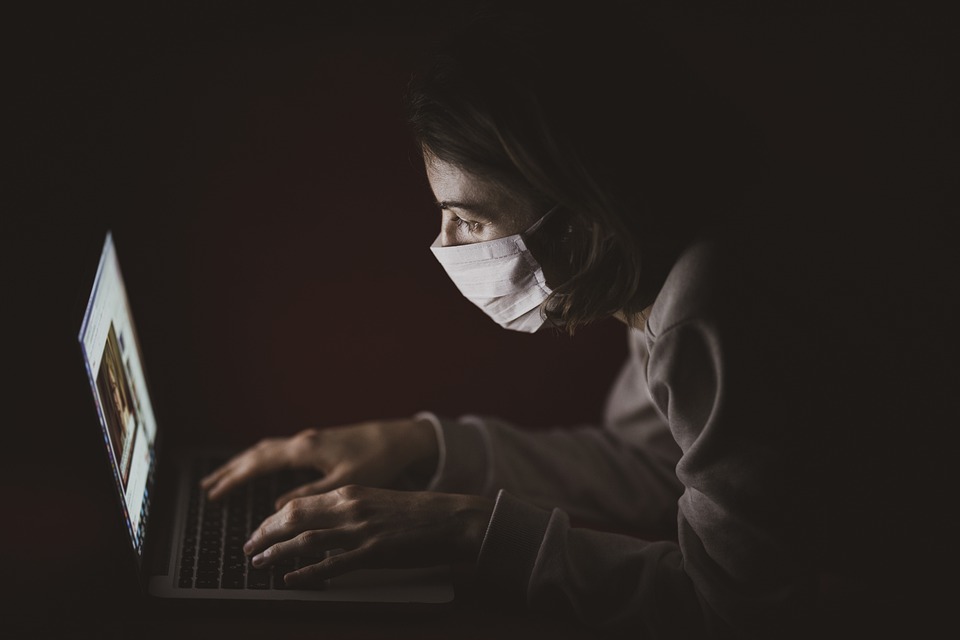
31 Jul 9 tips on staying IT secure in a COVID-19 world
The COVID-19 pandemic has changed our daily routines, adapted the way we work, and increased our reliance on technology. Many of us have been working remotely, relying heavily on IT and cloud solutions to stay connected as we define what the new normal looks like.
As we spend more time online, we must remember that staying safe and secure is still the most important thing. Most are familiar with the basic guidelines to provide a foundation for digital security, but as we think about this remote and digital era, extra steps may be necessary to further reduce risk.
Here are a few additional practices we recommend that you adopt to further enhance your business’ cybersecurity:
- Turn on automatic security updates, antivirus, and firewalls
The reality of cyberthreats is that they often prey upon the most vulnerable devices: those without a firewall, an antivirus service, or the latest security updates. Turn on automatic updates to ensure your devices have the latest security fixes, enable or install an antivirus solution that runs continuously, and configure a firewall. Modern computers have many of these features available and enabled by default, but it is a good idea to check all three are correctly set up.
- Don’t forget networking devices
Device safety includes your networking devices, too; make sure you check for and apply all updates available. Also make sure to check that your networking devices are not using default admin passwords or ones that are easily guessable (like your birthday). It’s also good hygiene to update your Wi-Fi credentials to strong passwords – uppercase, lowercase, symbols and numbers.
- Protect your digital identity
With more of our lives connected in the virtual realm, protecting your digital identity is even more important. Use strong passwords or biometric authentication like your face or fingerprint and, if possible, enable multi-factor authentication (MFA). Microsoft offers free MFA applications that are easy to set up and use.
- Use background blur or images
One of the more popular features on video conferencing tools like Microsoft Teams is the ability to blur or change your background. This can be an important privacy step that you can take to instil distinction between home and work environments.
- Use the right file-sharing service for the right task
Whilst working remotely, it’s easy for lines to blur between work and home. Keeping your business data separate from your personal data is vital. You should use business resources, like SharePoint or OneDrive for Business, to store and share content for work. Where possible, consider enabling Windows Information Protection to reduce the risk of unintentional (and intentional) enterprise data leakage.
- Turn on device encryption
Device encryption ensures that data on your device is safe from unauthorised access should your device be stolen or lost.
Cybercriminals are exploit victims more than ever during the COVID-19 pandemic and are continually utilising new lures. As we move into this “new normal” of more virtual engagement, the same vigilance you kept at the office or classroom applies at home. Here are a few attack methods to be aware of in order to stay secure:
- Identity compromise is the number one entry point
Attackers want to steal your digital identity for monetisation, spam, and access. Be wary of unexpected websites and applications the require your credentials. The same goes for MFA requests: If you did not initiate the authentication request, do not verify it. You should report suspected sites and uninitiated requests through your browser or applications.
- Phishing is still a very real threat
Be wary of offers that are too good to be true. These are the same cybercriminals as pre-pandemic, but now they’re using the outbreak and public fear to drive their activity. For more information on phishing attacks and how to handle them, get in touch with us.
- Avoid falling victim to tech support scams
Tech support scams are an industry-wide issue; scammers use scare tactics to try and trick you into paying for unnecessary services that supposedly fix a device, operating system, or software problem. No software provider will ever contact you with an unsolicited offer to address a technical issue.
With awareness and these above tips, you can better prepare yourself and your business for this new world of secure remote working and social interaction. Get in touch with us today to talk about how we can support you in evolving your IT security, so your business can stay 100% resilient.
 Remote Support
Remote Support

